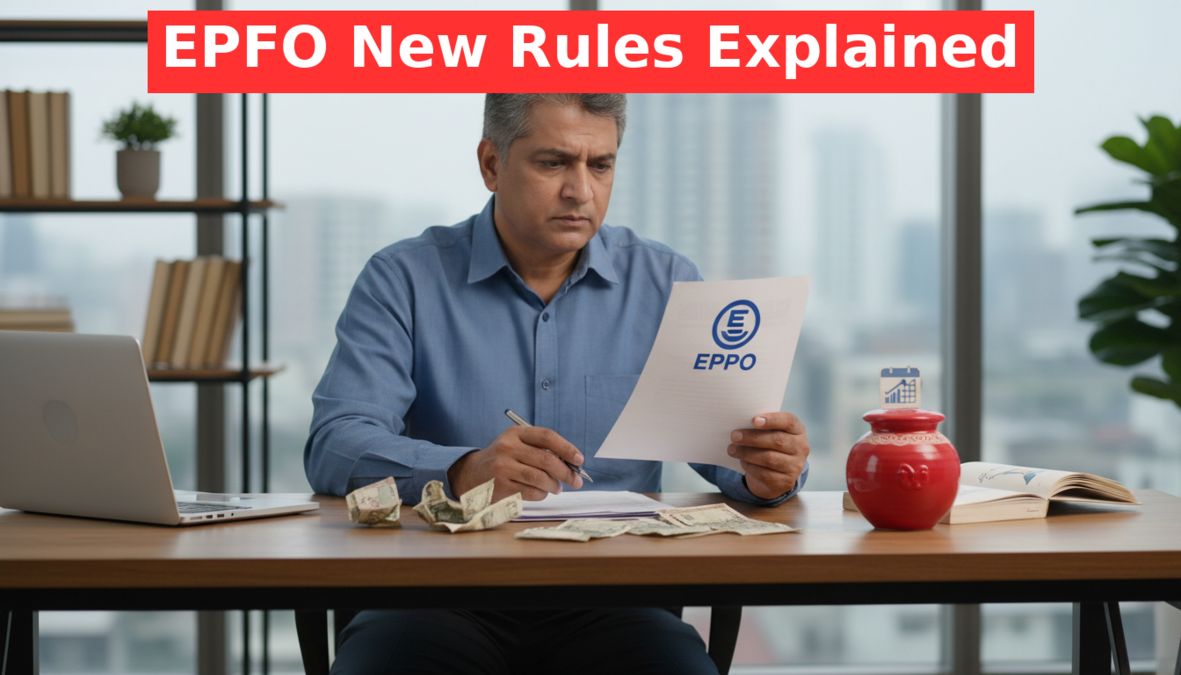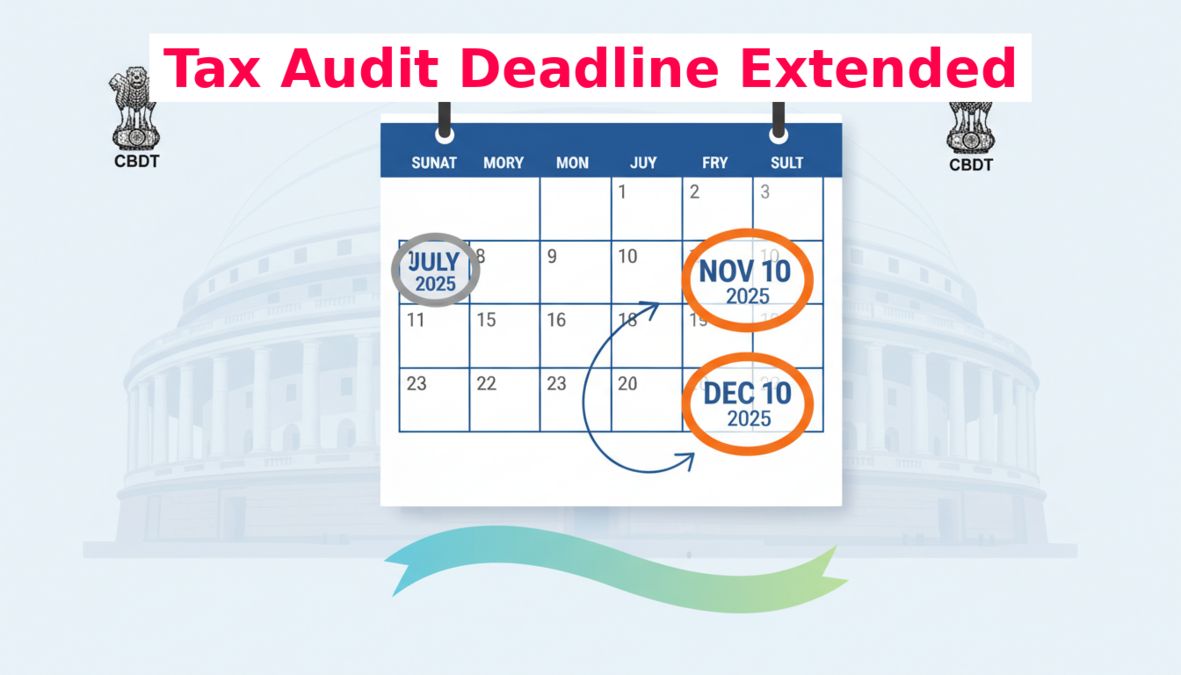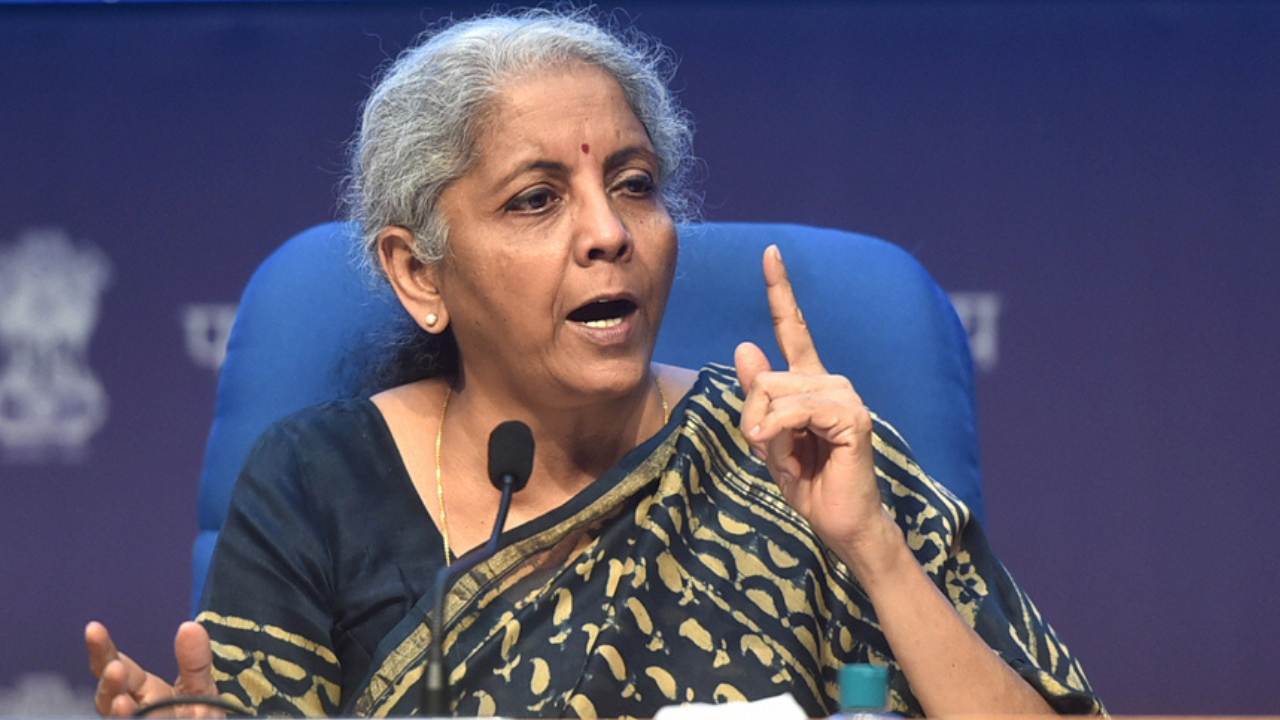EPFO Pension Rule: In a significant development affecting millions of salaried individuals, the Supreme Court of India has delivered a landmark judgment regarding the Employees’ Pension Scheme (EPS). This ruling clarifies and upholds a crucial 2014 amendment by the Employees’ Provident Fund Organisation (EPFO), effectively barring a specific category of employees from contributing to the EPS. This decision has major implications for the retirement planning of many who joined the workforce in recent years.
The Supreme Court’s Definitive Ruling
The Supreme Court has upheld the validity of the Employees’ Pension (Amendment) Scheme, 2014. The core of this decision revolves around the eligibility criteria for new members joining the scheme. Following this judgment, the EPFO has issued circulars to its field offices to implement the order, making the new eligibility rule the law of the land. The ruling brings finality to a long-standing debate and provides clear guidelines on who can and cannot be a member of the EPS.
Who Is No Longer Eligible for EPS?
The judgment directly impacts employees who meet two specific conditions. Any employee who joined service on or after September 1, 2014, and whose monthly salary (Basic + Dearness Allowance) was more than Rs 15,000 at the time of joining, is not eligible to become a member of the Employees’ Pension Scheme (EPS).
This means that if you started your first job or switched to a new one after this date with a salary above the specified threshold, you were never eligible to be enrolled in the EPS. Consequently, no pension contributions should have been deducted for your account. The entire employer’s contribution in such cases should be directed to the Employees’ Provident Fund (EPF) account.
To make it clearer, here is a breakdown of the eligibility criteria:
| Employee Joining Date | Salary (Basic + DA) at Joining | EPS Eligibility Status |
|---|---|---|
| Before September 1, 2014 | Any Amount | Eligible (and could opt for higher pension on actual salary) |
| On or After September 1, 2014 | Up to Rs 15,000 per month | Eligible |
| On or After September 1, 2014 | More than Rs 15,000 per month | Not Eligible |
Understanding the 2014 Amendment
Prior to September 1, 2014, the maximum pensionable salary for the EPS was capped at Rs 6,500 per month. The 2014 amendment brought two major changes:
- It increased the pensionable salary cap from Rs 6,500 to Rs 15,000 per month.
- It introduced a new clause stating that new members whose salary exceeded this Rs 15,000 cap at the time of joining would be ineligible for the scheme.
The Supreme Court’s recent decision has now firmly cemented this second clause, removing any ambiguity.
What This Means for Your Retirement
For the affected employees, this means the security of a monthly pension under the EPS will not be available. However, the silver lining is that the employer’s contribution, which would have been diverted to the EPS (8.33% of the pensionable salary), will be fully credited to their EPF account. This will result in a larger lump-sum corpus in the EPF upon retirement. Employees falling into this category must reassess their retirement strategy and explore other pension products like the National Pension System (NPS) or annuity plans to ensure a steady income stream post-retirement. It is crucial to check your PF statement and confirm your EPS eligibility status with your employer.











